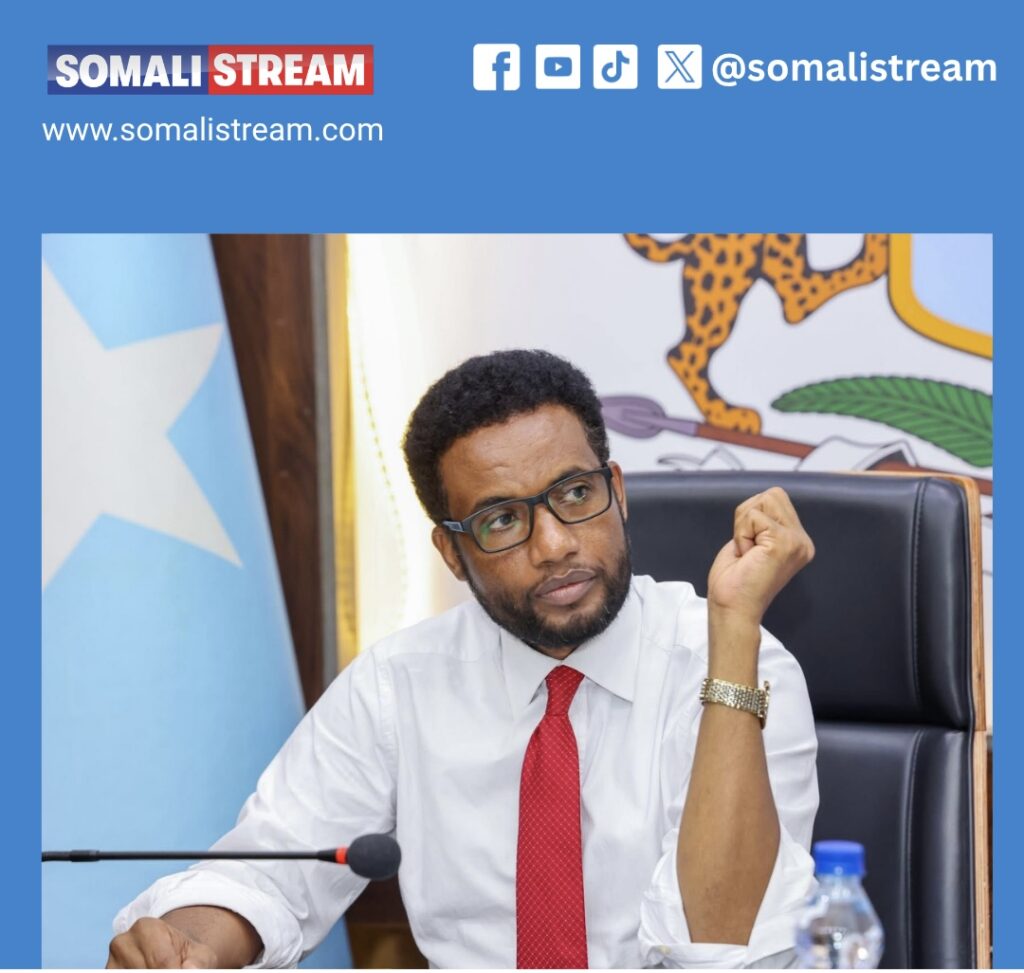In a landmark development for Somalia’s regional diplomacy, the Federal Parliament has launched the process to elect nine Members of Parliament to represent the country at the East African Legislative Assembly (EALA), the lawmaking organ of the East African Community (EAC). This long-anticipated step follows Somalia’s formal accession to the EAC in March 2024 and signals a deepening commitment to regional cooperation and integration.
Earlier this week, the Interim Committee on the Selection and Election of Somalia’s EALA Representatives convened its inaugural meeting in Mogadishu. The committee adopted its official work schedule and electoral procedures, paving the way for the country’s first-ever EALA elections. The body also finalized candidate eligibility criteria, documentation requirements, and key dates to ensure a fair, transparent, and merit-based electoral process.
According to the electoral calendar, interested candidates must submit their applications and complete the registration process by Tuesday, October 14, 2025, at 1:00 PM Mogadishu time. The official list of candidates will be published later that same day at 5:00 PM, with elections scheduled for Wednesday, October 15, 2025.
Somalia’s representation at the East African Legislative Assembly will include nine MPs and one judicial appointment to the First Instance Division of the East African Court of Justice (EACJ). This not only allows Somalia a legislative voice in shaping regional laws but also opens the door to participation in the EAC’s judiciary—further embedding Somalia within the bloc’s institutional frameworks.
These developments follow Somalia’s official ratification of the EAC Treaty of Accession in March 2024, a milestone that allowed the country to become the eighth full member of the East African Community. Somalia’s entry was widely praised as a major diplomatic breakthrough after years of negotiations and technical preparations. It enables Somalia to benefit from regional infrastructure projects in transport, energy, and digital connectivity, while expanding trade and labor mobility for its citizens.
Crucially, the upcoming elections also make Somalia eligible for nomination to senior positions within the EAC’s leadership structure—positions such as the Secretary-General, Deputy Secretary-Generals, Speaker of the East African Parliament, and judicial seats in the Appellate Division of the East African Court of Justice. These roles are not ceremonial; they come with real decision-making power and represent meaningful political participation in shaping the future of the East African region.
The criteria for candidacy are strict and reflect the weight of the responsibility. Applicants must be Somali citizens, at least 25 years old, of sound mind, and hold a university degree.
Candidates must demonstrate experience or a vested interest in advancing regional cooperation and must possess proficiency in English, the working language of the EAC. Importantly, current federal ministers, members of the Federal Parliament, and serving EAC officials are ineligible to contest.
As part of the vetting process, each candidate must submit a complete file of documentation and a passport-sized photo. Registration fees are set at $10,000 for male candidates and $5,000 for female candidates—a measure aimed at encouraging gender inclusion while maintaining electoral integrity.
This is more than just a bureaucratic exercise. It is a significant political moment that reflects Somalia’s return to the regional diplomatic stage after decades of isolation. It also represents an opportunity for Somali professionals, legal experts, and policymakers to contribute to shaping the laws, economic strategies, and shared values that will guide the region for decades to come.
Somalia currently maintains official representation at the EAC through Dr. Abdusalam H. Omer, the Presidential Special Envoy to the EAC. However, the election of lawmakers and judicial representatives will move Somalia from mere participation to full integration, enabling the country to not only benefit from EAC policies but also to co-author them.
The moment is viewed as “a long-awaited homecoming for Somalia into the family of East African nations—a chance to influence and to lead.”
The East African Community now comprises eight member states: Kenya, Uganda, Tanzania, Rwanda, Burundi, South Sudan, the Democratic Republic of the Congo, and Somalia. With its strategic location, vast coastline, and growing young population, Somalia’s entry is expected to strengthen regional trade, maritime security, and cultural cooperation.
The road to integration has not been easy, but this election marks a defining step in a new chapter for Somalia. As the country prepares to send its first official delegation to Arusha, the message is clear: Somalia is back—ready to contribute, ready to lead, and ready to build a more united and prosperous East African region.


